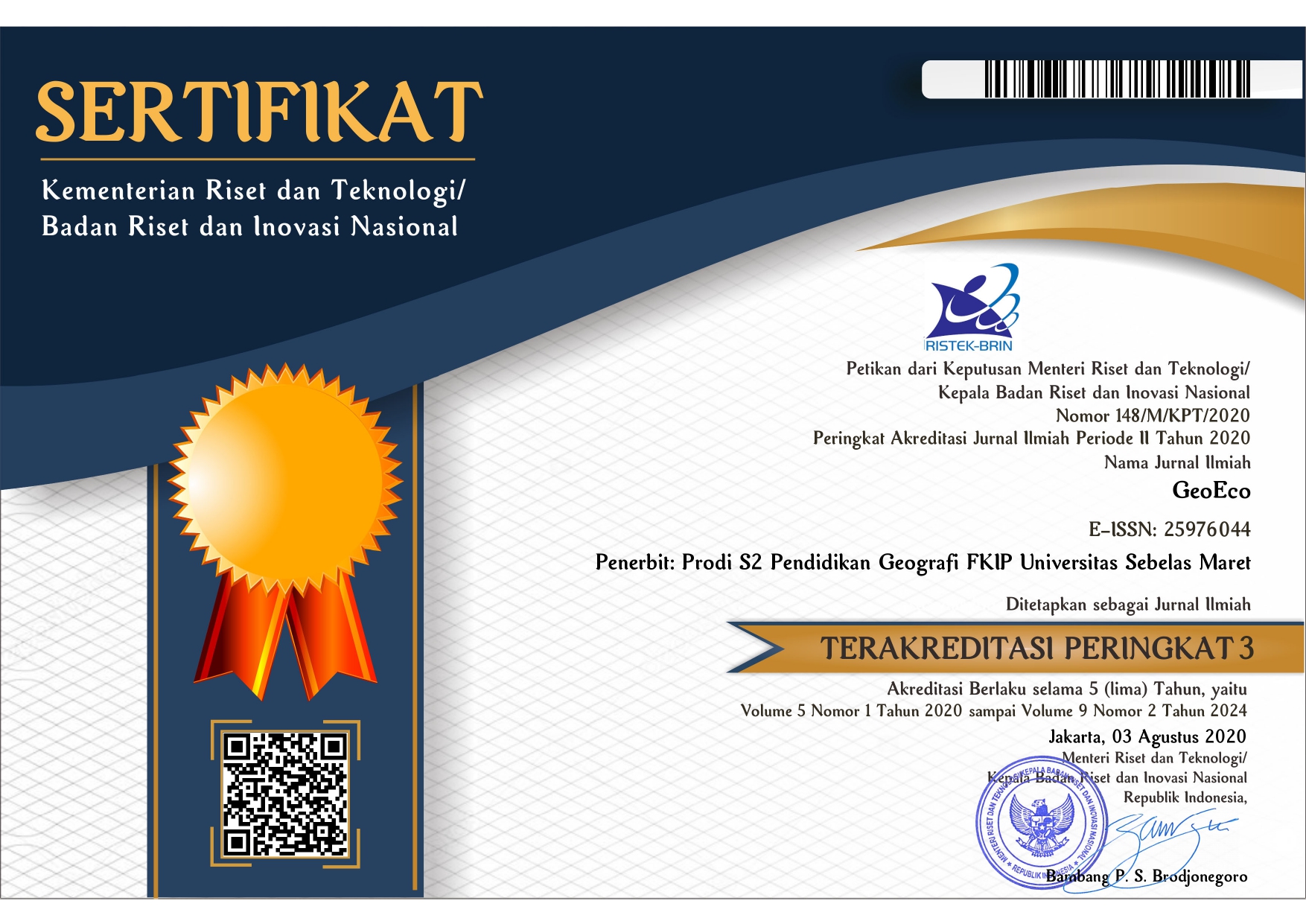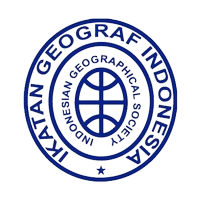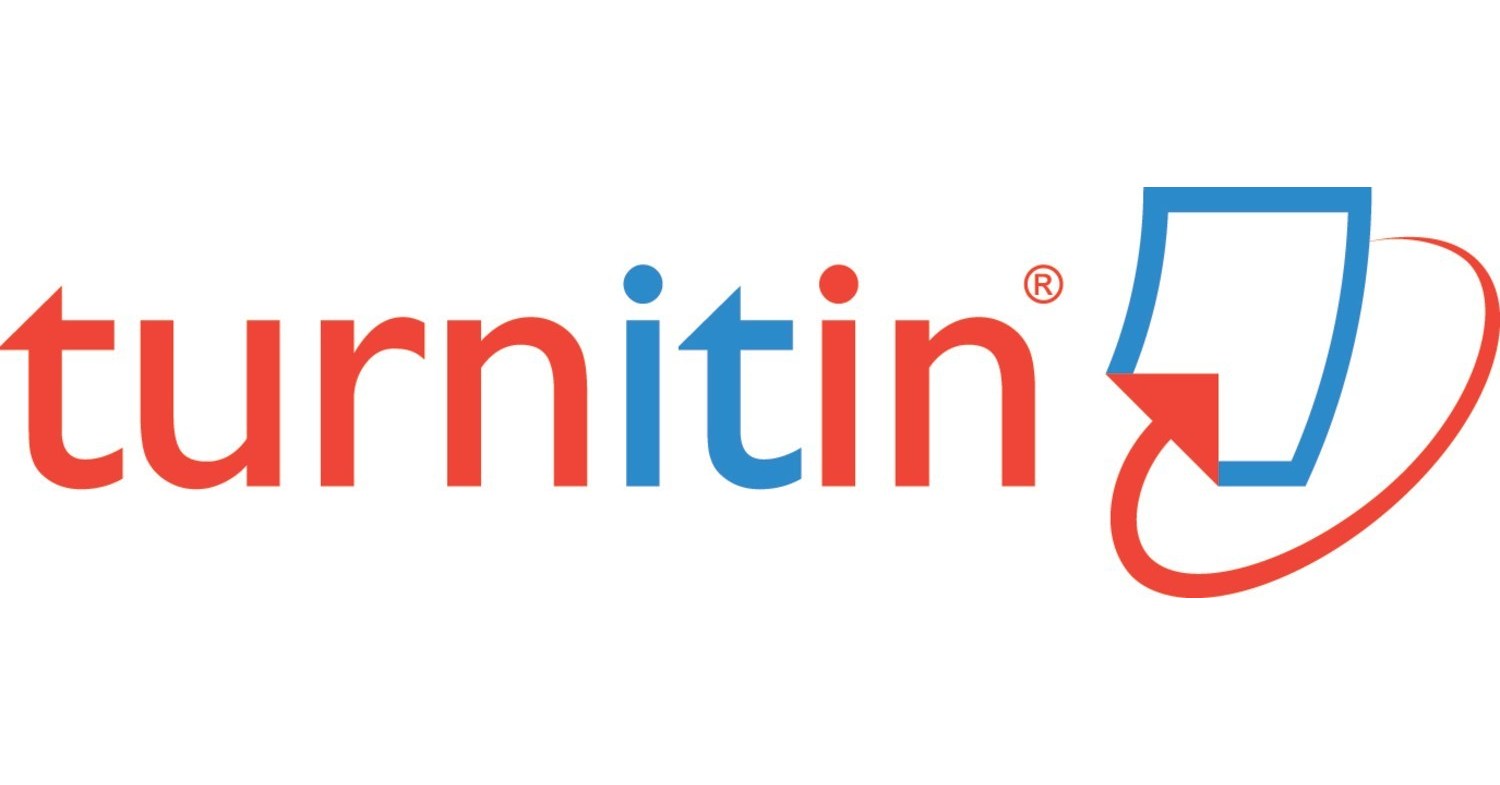UTILIZING THE GEOECO-BOOK LEARNING PACKAGE TO IMPROVE ECO-LITERACY OF Z GENERATION STUDENTS IN ELEMENTARY SCHOOLS
Abstract
Keywords
Full Text:
PDFReferences
Bencsik, A., Juhász, T., & Horváth-Csikós, G. (2016). Y and Z Generations at Workplaces. Journal of Competitiveness, 6(3), 90–106. https://doi.org/10.7441/joc.2016.03.06
Craig, C. A., & Allen, M. W. (2015). The impact of curriculum-based learning on environmental literacy and energy consumption with implications for policy. Utilities Policy, 35, 41–49. https://doi.org/10.1016/j.jup.2015.06.011
Dick, W., Carey, L., & Carey, J. O. (2009). The Systematic Design of Instruction. New Jersey: Pearson Education.
Hammond, S. W., & Herron, S. S. (2012). The natural provenance: ecoliteracy in higher education in Mississippi. Environmental Education Research, 18(1), 117–132. https://doi.org/10.1080/13504622.2011.583982
Kulnieks, A., Longboat, D. R., & Young, K. (2013). Eco-Literacy Development through a Framework for Indigenous and Environmental Educational Leadership. Canadian Journal of Environmental Education, 18, 111–125.
Lingkungan, F., & Sonny, H. A. (2017). PENERAPANNYATERHADAP EKOWISATA DI INDONESIA ( Sebuah Paradigma Baru Bioregionalisme dalam Usaha Pengembangan Wisata di Indonesia untuk Menuju Kearifan Lingkungan ).
Locke, S., Russo, R., & Montoya, C. (2013). Environmental education and eco-literacy as tools of education for sustainable development. Journal of Sustainability Education, 4(January), 10.
Oversby, J. (2015). Teachers’ Learning about Climate Change Education. Procedia - Social and Behavioral Sciences, 167, 23–27. https://doi.org/10.1016/j.sbspro.2014.12.637
Pérez-Escoda, A., Castro-Zubizarreta, A., & Fandos-Igado, M. (2016). Digital skills in the Z generation: Key questions for a curricular introduction in primary school. Comunicar, 24(49), 71–79. https://doi.org/10.3916/C49-2016-07
Salleh, M. S. M., Mahbob, N. N., & Baharudin, N. S. (2017). Overview of "Generation Z“ behavioural characteristic and its effect towards hostel facility. International Journal of Real Estate Studies, 11(2), 60–67.
Santiago, M. P., Cunha, L. I. da, & Cartea, P. Á. M. (2017). Resilient Communities to Climate change. Environmental Education and Movement in Transition Connection. Procedia - Social and Behavioral Sciences, 237(June 2016), 925–930. https://doi.org/10.1016/j.sbspro.2017.02.130
Saribas, D., Teksoz, G., & Ertepinar, H. (2014). The Relationship between Environmental Literacy and Self-efficacy Beliefs toward Environmental Education. Procedia - Social and Behavioral Sciences, 116, 3664–3668. https://doi.org/10.1016/j.sbspro.2014.01.820
Spinola, H. (2015). Environmental literacy comparison between students taught in Eco-schools and ordinary schools in the Madeira Island region of Portugal. Science Education International, 26(3), 392–413.
Turner, A. (2015). Generation Z: Technology and Social Interest. The Journal of Individual Psychology, 71(2), 103–113. https://doi.org/10.1353/jip.2015.0021
Varela-Candamio, L., Novo-Corti, I., & García-Álvarez, M. T. (2018). The importance of environmental education in the determinants of green behavior: A meta-analysis approach. Journal of Cleaner Production, 170, 1565–1578. https://doi.org/10.1016/j.jclepro.2017.09.214
Refbacks
- There are currently no refbacks.












.png)

